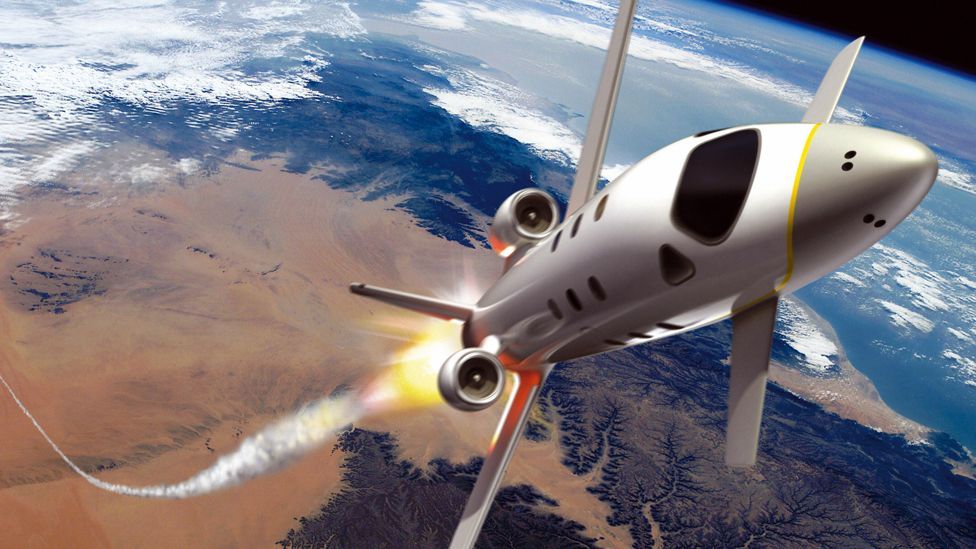Highlights
– Space tourism is a rapidly developing industry, encompassing suborbital, orbital, and lunar travel.
– Companies such as SpaceX, Virgin Galactic, and Blue Origin are actively working on spacecraft for suborbital and orbital space tourism flights.
– The growth of space tourism brings economic benefits, scientific advancements, and increased public awareness, but it also poses challenges regarding cost, safety, and environmental impact.
Introduction
The space tourism industry, is rapidly evolving and gaining momentum due to technological advancements.
This article explores the various aspects of space tourism, including its different categories and the companies involved. Furthermore, it discusses the pioneers of space tourism and the recent surge of interest in suborbital travel. Additionally, it delves into the ongoing development of orbital and lunar space tourism, highlighting the projected timelines and potential impacts of this burgeoning industry.
Join our WhatsApp ChannelCategories of Space Tourism
1. Suborbital Space Tourism
Suborbital space tourism involves journeys to the edge of space without entering into orbit. These brief flights typically reach altitudes of up to 100 kilometers (62 miles) and last only a few minutes.
2. Orbital Space Tourism
Orbital space tourism entails traveling into space and orbiting the Earth. These flights, which last several hours, reach heights of up to 300 kilometers (186 miles).
3. Lunar Space Tourism
Lunar space tourism involves travel to the Moon, requiring a spacecraft capable of landing and taking off from the lunar surface. These trips typically span several days.
Pioneers of Space Tourism
The advent of space tourism can be attributed to Dennis Tito, an American entrepreneur who became the first space tourist in 2001 by paying $20 million for a trip to the International Space Station (ISS). Since then, a handful of individuals have also paid to visit the ISS.
Recent Developments in Suborbital Space Tourism
In recent years, there has been a growing interest in suborbital space tourism. Several companies, including Virgin Galactic, Blue Origin, and SpaceX, are actively developing rockets for suborbital space tourism flights. These flights are expected to commence in the next few years and are projected to cost approximately $250,000 per seat.
READ ALSO: Virgin Galactic Charges Space Customers $450,000 Each To Travel 50 Miles Above Earth
Ongoing Development of Orbital Space Tourism
While orbital space tourism is still in its early stages, companies like SpaceX and Boeing are working on spacecraft capable of facilitating orbital space tourism flights. These flights are anticipated to commence within the next decade, with an estimated cost of around $10 million per seat.
Prospects for Lunar Space Tourism
Lunar space tourism, being the most ambitious category, is still in its distant future. However, companies such as SpaceX and NASA are actively involved in developing rockets that could facilitate lunar space tourism flights. These flights are not expected to commence until the 2030s or 2040s.
Driving Factors of Space Tourism’s Growth
The growth of space tourism can be attributed to several factors, including:
1. Technological Advances
Advancements in spacecraft technology have paved the way for more affordable and accessible space tourism, allowing a wider range of individuals to partake in this industry.
2. Increased Public Interest
The growing interest in space travel among the general public can be attributed, in part, to popular films and television shows such as “Star Wars” and “The Martian,” which have sparked curiosity and fascination about space exploration.
3. Affluence of Individuals
A rising number of individuals possess the financial resources necessary to afford space tourism, thereby expanding the potential customer base for this industry.
Positive Impacts of Space Tourism
The growth of space tourism is expected to yield various positive outcomes, including:
1. Economic Benefits
Space tourism has the potential to generate new jobs and stimulate economic growth within the aerospace industry.
2. Scientific Advancements
The space tourism industry can contribute to scientific knowledge by providing opportunities for research and experimentation in space, leading to significant advancements in scientific understanding.
3. Increased Public Awareness
Space tourism has the potential to raise public awareness about space exploration and the importance of scientific endeavors.
Challenges and Concerns
However, the expansion of space tourism also presents various challenges and concerns:
1. Cost
Despite technological advancements, space tourism remains an expensive endeavor, and it is uncertain how much the cost will decrease in the future. Affordability may limit access to a broader population.
2. Safety
Space travel inherently carries risks, including the potential for accidents and fatalities. Ensuring the safety of passengers and crew is of paramount importance and requires stringent protocols and advanced safety measures.
3. Environmental Impact
The increasing popularity of space tourism raises concerns about its potential negative impact on the environment. The industry must address issues such as carbon emissions, space debris, and the preservation of celestial bodies to minimize its ecological footprint.
Conclusion
In conclusion, the growth of space tourism is an exciting development with the potential to create new job opportunities, foster economic growth, and contribute to scientific knowledge. However, it is crucial to recognize and address the challenges and concerns associated with space tourism, including cost, safety, and environmental impact. By mitigating these risks, the industry can move forward responsibly and continue to inspire awe and exploration among individuals venturing into the vast expanse of space.

















Follow Us